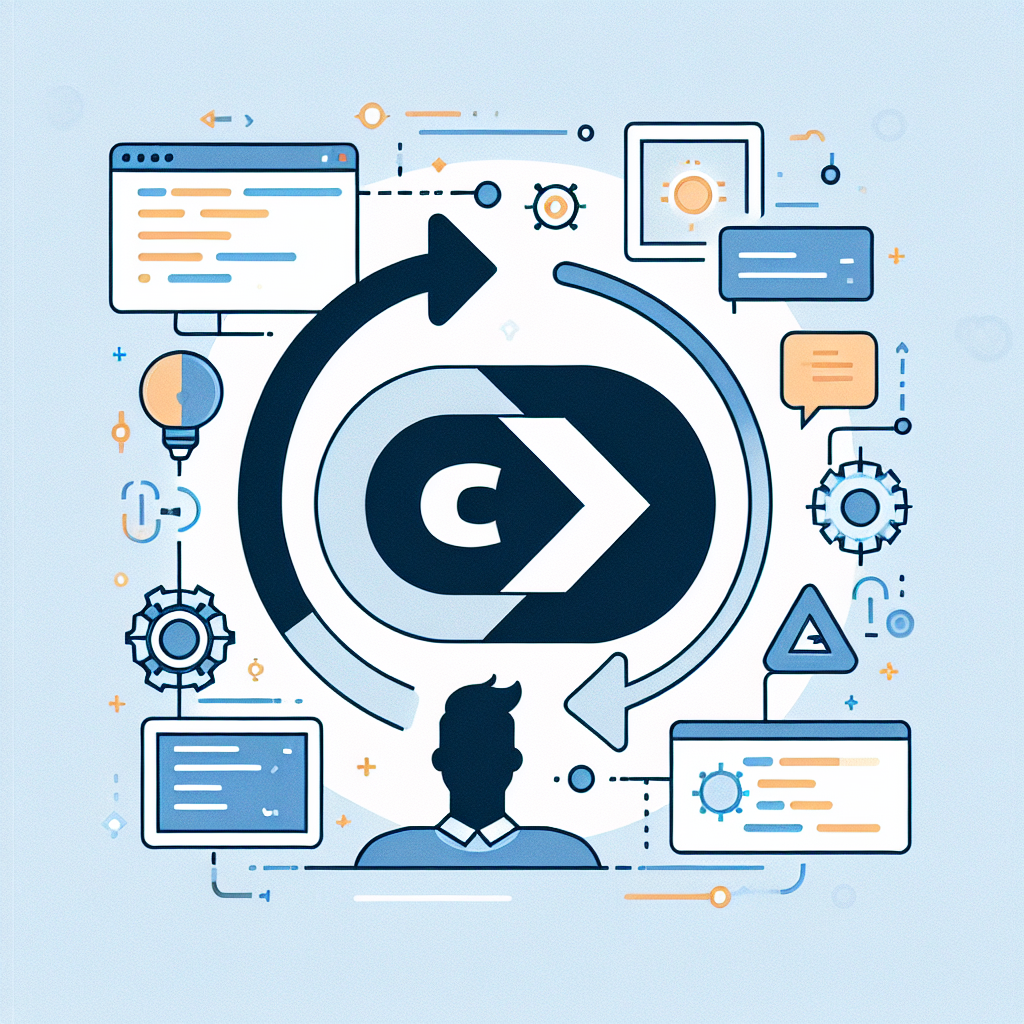Convert C to Java Code Easily | C to Java Tool Online
Effortlessly convert C code to Java with our intuitive tool. Streamline your development process and boost productivity with seamless code translation.
Source Code
Converted Code
Output will appear here...
C to Java Converter is a powerful tool designed to seamlessly translate C code into Java, facilitating smoother transitions for developers working across platforms. This tool enhances productivity by automating code conversion, reducing manual effort, and minimizing errors. Perfect for software engineers and developers looking to leverage Javas robust features while preserving existing C codebases.

Efficiently Convert C Code to Java Link to this section #
The 'C to Java' tool is designed to facilitate seamless conversion of C language code to Java, enabling developers to transition between these languages with minimal effort. Whether you are porting existing projects or learning Java by comparing it to C, this tool can be invaluable.
Key Features Link to this section #
- Automated Code Translation: Converts syntax and structure from C to Java, maintaining code logic and functionality.
- Preservation of Comments: Keeps original C comments to aid understanding in the converted Java code.
- Error Detection: Identifies potential issues during conversion, ensuring smoother transitions.
How It Works Link to this section #
- Input C Code: Paste or upload your C code into the tool.
- Conversion Process: The tool analyzes the C code structure and translates it to Java syntax.
- Output Java Code: Download or view the converted Java code, ready for integration or further development.
Code Example Link to this section #
C Code:
#include <stdio.h>
void helloWorld() {
printf("Hello, World!");
}
Converted Java Code:
public class HelloWorld {
public static void helloWorld() {
System.out.println("Hello, World!");
}
}
Benefits Link to this section #
- Time-Saving: Eliminates the need for manual rewriting, accelerating the development process.
- Learning Tool: Great for developers who want to understand Java by comparing it to C.
- Code Consistency: Ensures uniformity in codebase during language migration.
Additional Resources Link to this section #
- Oracle Java Documentation for comprehensive Java guidelines.
- C Programming Language Reference for in-depth C language features.
Utilizing this tool can significantly enhance productivity, especially for projects requiring multi-language support. As you explore C to Java conversion, you’ll find it an essential part of your development toolkit.
Frequently Asked Questions
What are the main differences between C and Java?
C is a procedural programming language that focuses on functions and procedures, whereas Java is an object-oriented programming language that centers on objects and classes. Additionally, Java offers automatic garbage collection and runs on the Java Virtual Machine (JVM), making it platform-independent, while C requires manual memory management and is platform-dependent.
Can I directly convert C code to Java?
Direct conversion from C to Java is not straightforward due to differences in language syntax and paradigms. C code needs to be rewritten to fit Java's object-oriented approach. Specific constructs like pointers in C have no direct equivalent in Java, and memory management is handled differently.
How can I start transitioning from C to Java programming?
To transition from C to Java, begin by learning Java's syntax and object-oriented principles. Familiarize yourself with concepts like classes, inheritance, and interfaces. Practice by rewriting small C programs in Java and gradually exploring Java's standard libraries and frameworks to understand its extensive features.